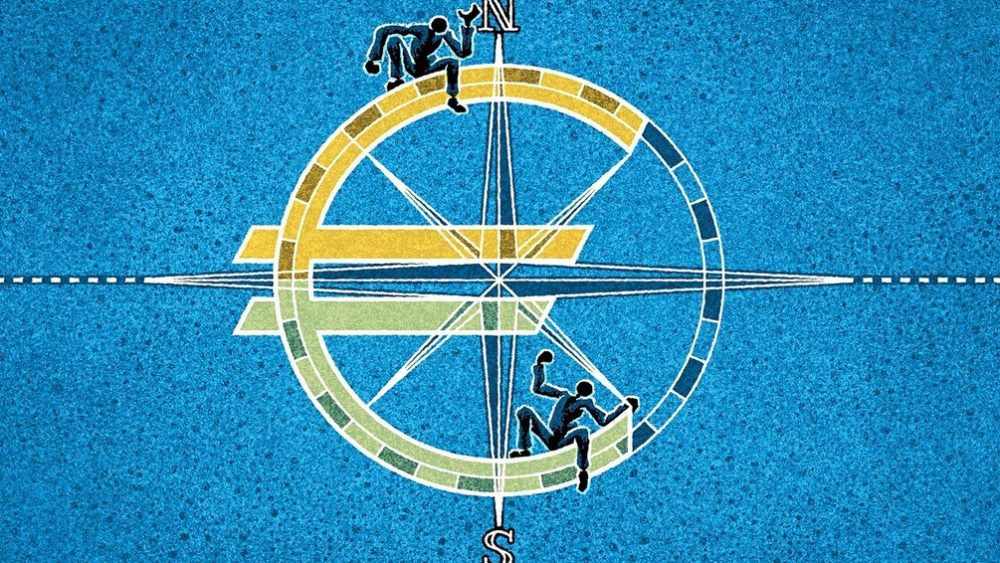EU citizens living under squeezed financial circumstances could be forgiven for wondering whether European Commission President Juncker was having a joke at their expense when he spoke recently about how Europe’s economy is finally bouncing back. After a tumultuous decade triggered by the global financial crisis in 2007, the Eurozone’s growth figures are being compared favourably to America’s, with production up 3.2% against last year.
However, evidence points to a wide chasm between people’s lived experiences and Juncker’s message of triumph. It is doubtful that the citizens of Spain and Greece, for example, would agree with his assessment.
According to the Commission, 30% of Spaniards are at risk of social exclusion due to poverty and income inequality. The proportion of children in Spain living below the poverty line increased by 9% between 2008 and 2014, to 30.5%, and Spain is in 7th place on the OECD list of countries where inequality has risen the most since 2010. Greece, meanwhile, is at top of this ranking.
Now, ‘growth’ may be used to express the success of a country’s economic performance. But how impressive is it really, when the Troika’s austerity-driven politics is causing so much human suffering in countries like Greece and Spain?
According to the OECD, countries have continued the trend towards implementing tax policy reforms to boost growth. French President Macron is proposing to cut corporation tax from 33.3% to 25% by 2022.
Yet the use of tax levers, primarily cuts to corporation tax, as a means to draw inward investment has been disputed by top economists.
“The way you get a productive economy is changing the fundamentals, says John Van Reenen of the LSE. “You get your people to be more skilled, or you have your infrastructure working efficiently. You’re never really going to get there just by reducing corporate tax.”
So what’s the alternative? It is possible to pursue a successful strategy without crucifying ordinary people in the process, and Portugal is leading the way. The country adopted left wing alternatives to austerity policies in 2015 and is now reporting an impressive recovery. It is a model from which governments can learn.
Fighting austerity is a core principle of DiEM25 as set out in our manifesto. We do not equate success with supposed ‘growth’ which is gained at the expense of human rights, human dignity and human aspiration. And we think that governments that fuel cruel inequality by implementing self-defeating austerity ought to be challenged vigorously.
Join us and let’s get started!
Jane is a member of our London DSC and blogs at www.ambitiousmamas.co.uk on feminism, politics and race. You can also follow her on Twitter.
Volete essere informati delle azioni di DiEM25? Registratevi qui!




